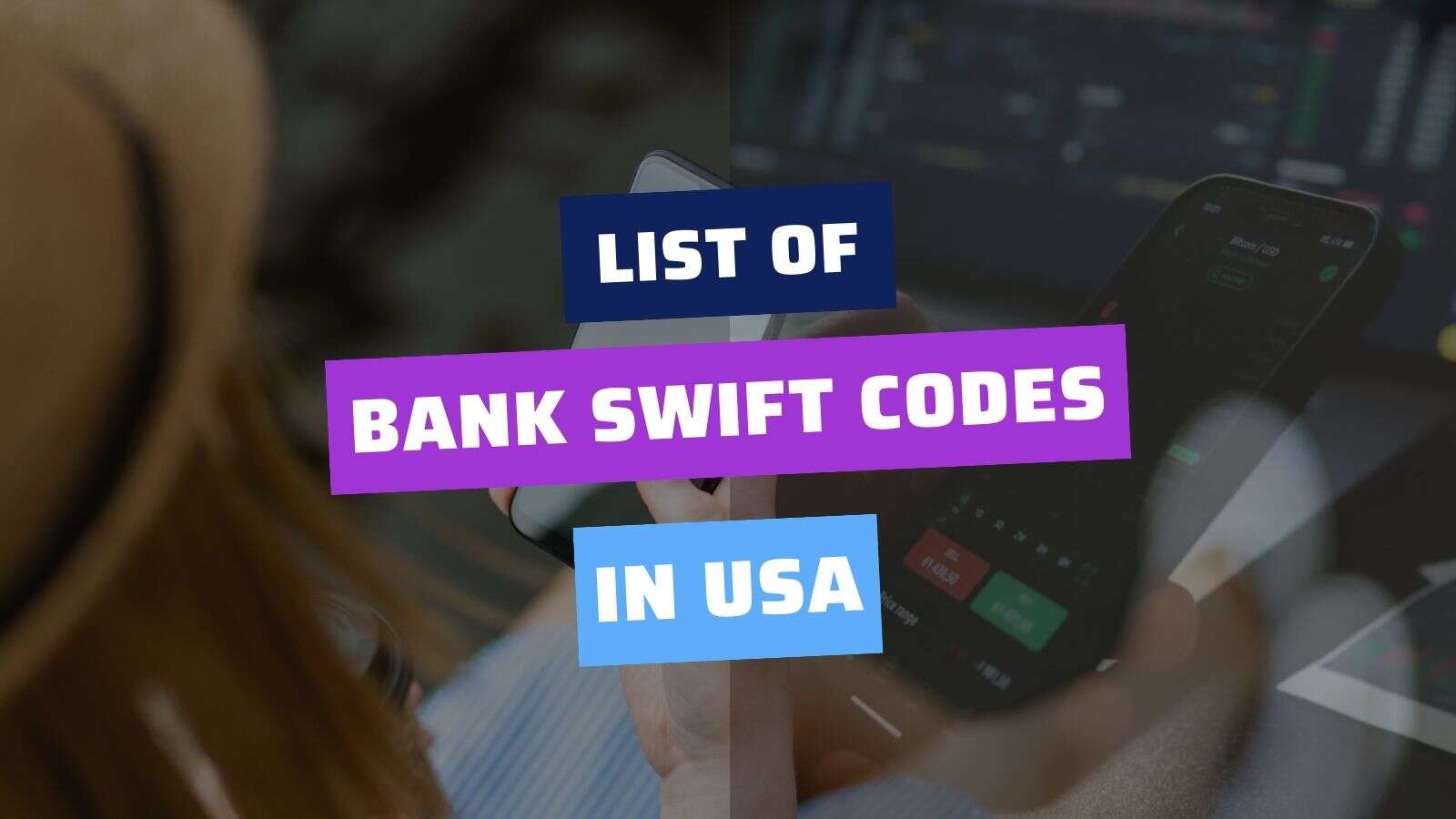What’s the difference between a mutual fund and UITF? Which is better – investing in UITF or investing in Mutual Fund? Because many readers were asking about mutual fund vs UITF from my previous posts about stock market and trust funds, I’m sharing here the similarities and differences of the two together with the advantages and disadvantages. I’d like to thank all Philpaddicts for always reading and commenting. I hope you love this post and may it inspire you to enjoy investing. I’m dedicating it to all of you.
Mutual Fund vs UITF
A mutual fund is a type of investment wherein you join other investors and corporations to form a massive fund which will be handled by an expert/professional who is called fund manager for diversified portfolios of stocks, bonds, securities, money markets and other mutual funds. In MF, you buy shares of the investment company thus that makes you a shareholder and gives you shareholder’s right including voting power and opportunity to receive dividends.
UITF (Unit Investment Trust Fund) is also a type of investment where you join other investors and entities to form a Trust Fund which will be handled by Trust expert/professional for diversified portfolios of stocks, bonds, securities, money markets and other funds. In UITFs, you buy units of investment in the fund thus you will earn from the gain or loss resulting from the fund performance. Unlike MF, it won’t make you shareholder of the company.
Similarities of Mutual Fund and UITF:
- Both funds are pooled and open-ended investments meaning they are pooled by different kinds of funds, people and companies to be invested and diversified to other investments like stocks, bonds, securities, money market and other mutual funds and trust funds. They are open-ended investments meaning you can buy or redeem anytime you want.
- Both funds are managed by fund managers who are already experts about investment fund growth, strategies and meeting target performance.
- Both fund investments are risky in nature however they can give you higher returns and can yield amazing money and capital growth.
- Mutual Funds and UITFs usually offer the following types of funds and investments:
- Money Market Funds –moderate risk; short term
- Bond Funds – moderate risk; long term
- Equity Funds – aggressive; long term
- Balanced Funds – aggressive; long term
- Both funds are not insured by the PDIC because they are not deposit accounts
Differences between Mutual Fund vs UITF
How to invest:
Mutual Fund – you can open an account by talking to a licensed mutual fund agent first so you’ll know the different types of MF available for you according to your risk tolerance (risk appetite), capacity to invest and your investment goal. See the list of Mutual Funds Companies in the Philippines accredited by SEC.
UITF – you can open an account by talking to a Trust representative of a bank. Banks usually have special representatives (not tellers) for Trust Investments and related products. If you can’t find one at the bank, talk to the bank manager. They will always be glad to assist you.
Regulatory Body:
Mutual Funds – are regulated by SEC (Securities and Exchange Commission)
UITFs – are regulated by the BSP (Bangko Sentral ng Pilipinas)
Minimum Investment
Mutual Fund – the minimum amount I know so far is P5000. Take note that some MF have different minimum amount requirements since there are different funds.
UITF – the minimum amount for UITF like Equity Fund and Balanced Fund is usually P10,000. For other UITFs, the usual minimum investment is P100,000.
Holding Period:
Mutual Fund – majority of mutual funds has 6 months minimum holding period although there are only few which have 30-day holding period.
UITF – majority has 30 days of minimum holding period and also 45 days to some.
Price of Funds:
Mutual Fund – in mutual funds, you buy shares in the investment company therefore prices are expressed and reported in NAVPS (Net Asset Value Per share)
UITF – in UITF, you buy units of participation in the Trust Fund therefore prices are expressed and reported in NAVPU (Net Asset Value Per Unit)
Fees and Charges:
Mutual Fund – there may be entry fees around .50% – 5.00% and management fees associated with this investment
UITF – no entry fees but with trust fee ranges from .50% to 1.00% per annum, there can also be redemption fees especially if you redeem your fund before the holding period
Advantages of Investing in Mutual Funds:
- They are usually more and well regulated since companies really focused on their funds and their performance. Reports are more transparent since shareholders need to know fund performance, reporting, portfolios, dividends etc.
- May give the investors dividends and other shareholder’s rights
- Tax exempt in terms of Capital Gains
Disadvantages of Investing in Mutual Funds:
- They charge entry fees and management fees
- MF companies are not so easy to find like banks where branches are almost everywhere
Advantages of Investing in UITF:
- Easy access because you can open an account in any branch of the bank near you
- They offer wide variety of funds you can choose from
- No entry fees and costly management fees
Disadvantage of investing in UITF:
- It won’t make the investors part of the company and won’t give shareholder’s rights
Which is better Mutual Fund or UITF?
Mutual Funds and UITF are both effective and well proven ways of money and wealth building. This is so true according to the rich and wise investors. Nothing is better than the other if you asked me. Both funds are kinda similar in nature but can give you thousands or millions of money if invested correctly by checking each fund’s performance and investment participation.
Mutual fund vs UITF? They are both risky yet they both could give you higher returns compared to just letting your money or fund rest in your vault or savings account. This I am absolutely sure of:
If you have mutual funds and UITF, you belong to the very few wise investors in the world.”
To learn more about Mutual Fund vs UITF, read our previous posts:
How to invest in Mutual Funds in the Philippines – Make Money, make Millions




